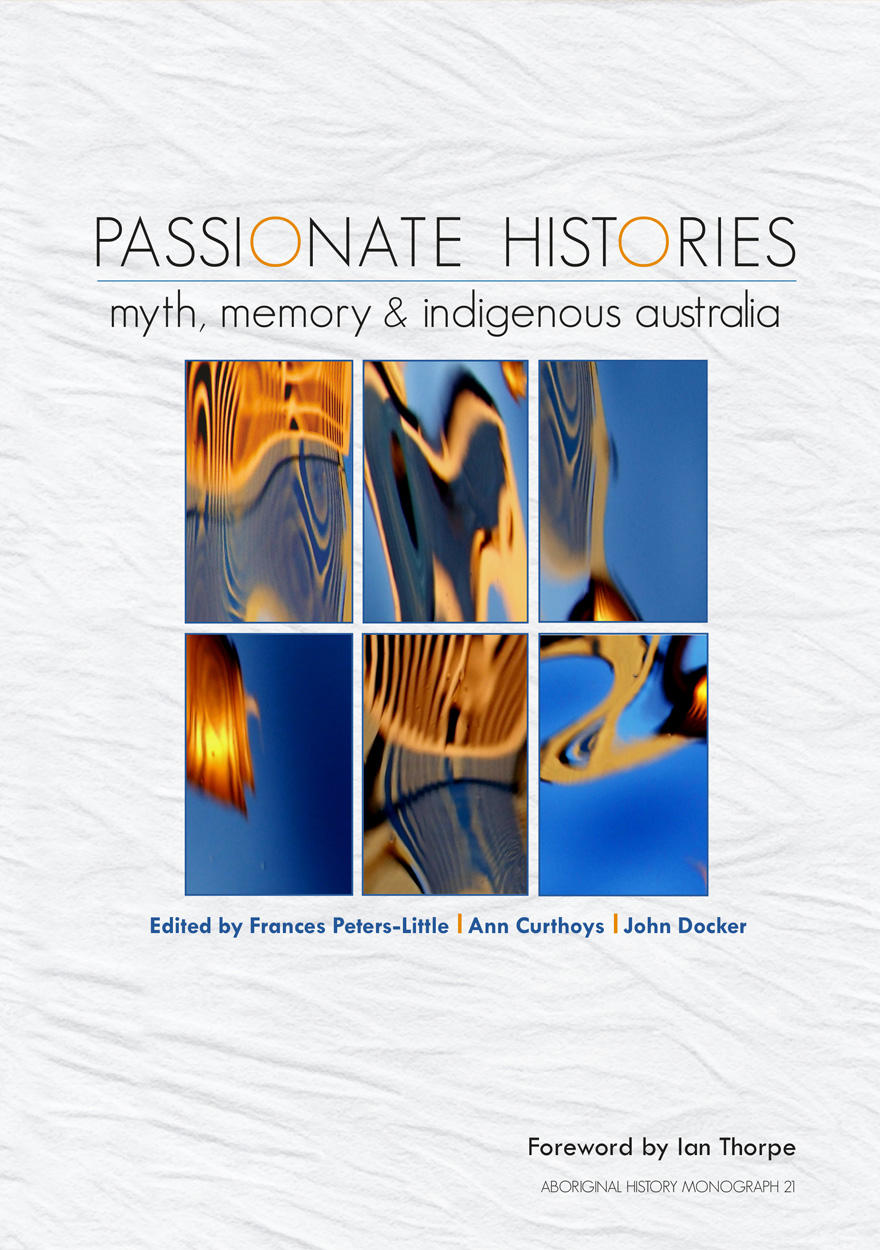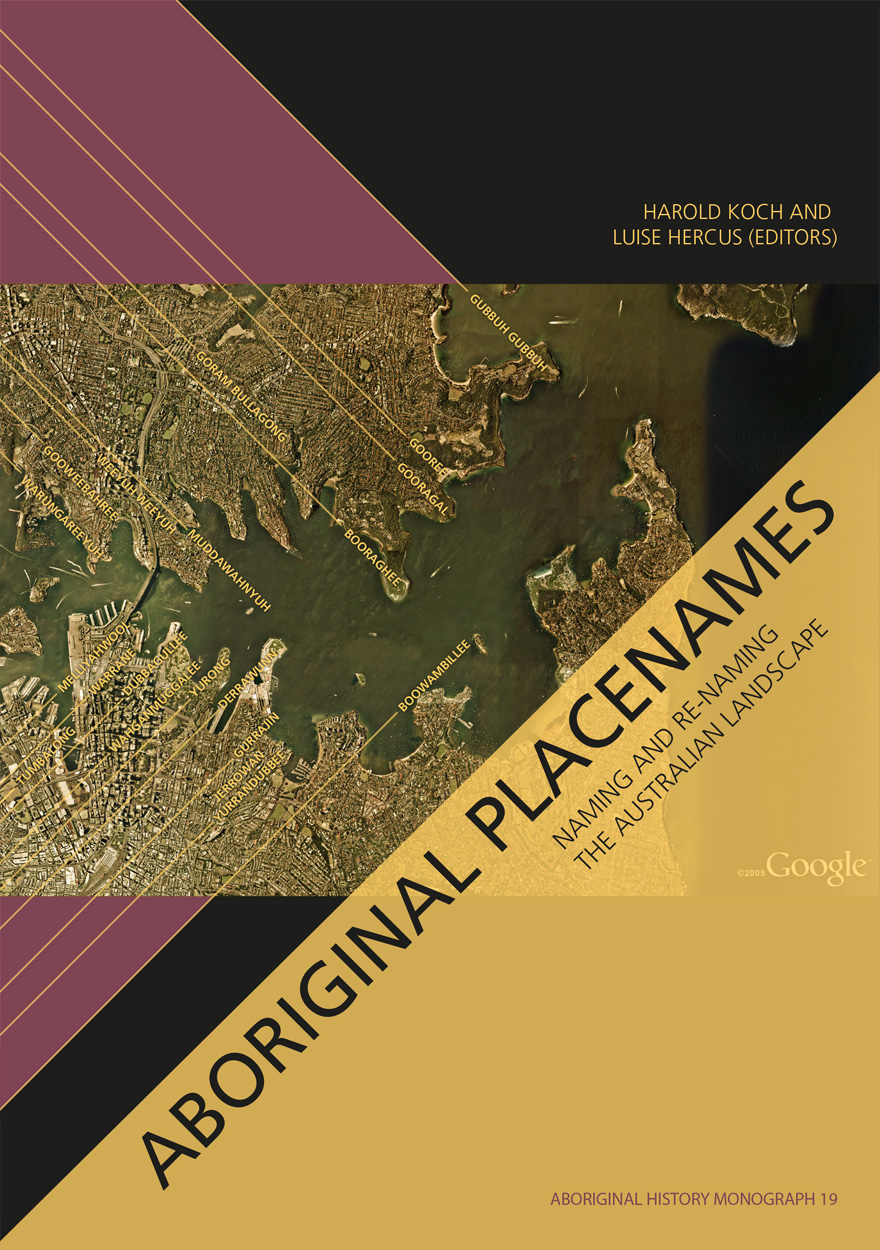Aboriginal History Monographs
Aboriginal History monographs present studies on particular themes or regions, or a series of articles on single subjects of contemporary interest.
Please note: The following list of titles is sorted by publication date, with the most recent first.
Displaying results 26 to 34 of 34.

Passionate Histories »
Myth, memory and Indigenous Australia

Racial Folly »
A Twentieth-Century Aboriginal Family

Aboriginal Placenames »
Naming and re-naming the Australian landscape

The Two Rainbow Serpents Travelling »
Mura track narratives from the ‘Corner Country’

Indigenous Biography and Autobiography »

Transgressions »
Critical Australian Indigenous histories

Culture in Translation »
The anthropological legacy of R. H. Mathews

'The Axe Had Never Sounded' »
Place, people and heritage of Recherche Bay, Tasmania




